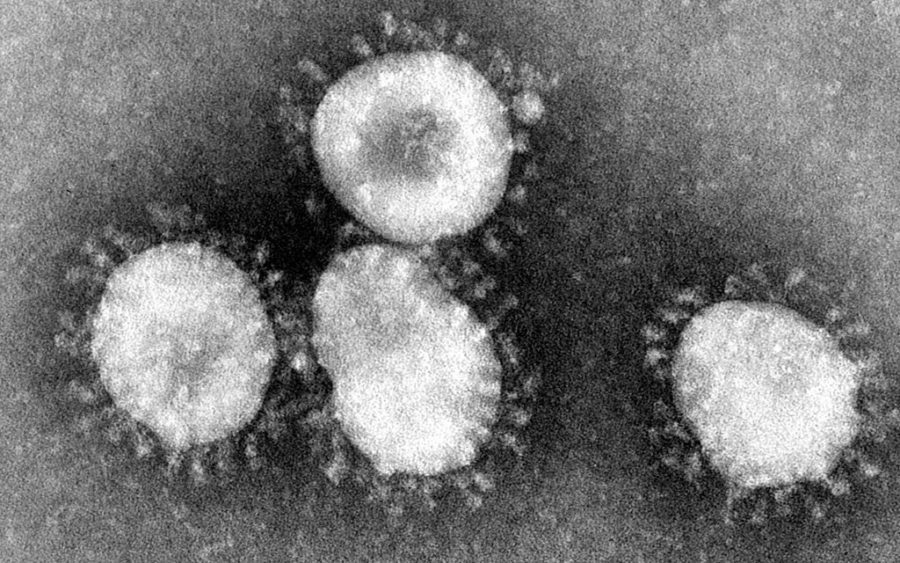Facing the sudden emergence of a local Covid-19 cluster of unclear origin, Cambodia’s testing facilities this week scrambled to conduct close to 5,000 tests within the first 48 hours of the outbreak.
By Wednesday, 7,131 samples had been tested, the Health Ministry said — and this was despite the country previously disclosing a testing capacity of only 600 tests a day.
Li Ailan, the head of the World Health Organization in Cambodia, said late Wednesday that “maximum surge capacity” for the country’s four labs was about 3,360 tests per day assuming there were enough supplies.
In addition to the Pasteur Institute, the National Institute of Public Health and a new Siem Reap facility, the University of Health Sciences has been approved to begin testing for a one-month trial period, Li said.
Additional labs are also being constructed in Sihanoukville, Siem Reap and Battambang, she said.
Michael Kinzer, the global health protection program director at the U.S. Centers for Disease Control and Prevention’s Cambodia office, said the Pasteur Institute, National Institute of Public Health and the new facility in Siem Reap had ramped up their capability to accommodate a large number of tests.
While not providing exact figures, Kinzer said Pasteur was running nearly 2,500 tests a day — “close to their limit” — while all tests for arriving airplane passengers had been moved to the National Institute of Public Health.
The Siem Reap facility could handle around 100 tests a day and the U.S. Naval Medical Research Unit-2 was a backup facility, he added.
Pasteur was pooling samples, among other strategies, to accelerate its testing volumes, Kinzer said.
In pooled sample testing, several samples are pooled or mixed together and tested. The system allows for testing multiple samples using resources needed for just one test. If a positive result is obtained from the pool, then each individual sample is tested separately.
The U.S. Food and Drug Administration says it is an effective strategy to increase capacity, but also notes that the pooling process can result in less viral genetic material available to detect in the sample, resulting in a greater likelihood of false negative results.
“It is a heroic effort on the part of many people, but none more than the staff at IPC, without which Cambodia would not have been as successful against this disease. It is natural to be skeptical, but these are real numbers,” Kinzer said in an email, using an abbreviation for Institut Pasteur du Cambodge.
He said the high rate of testing required having enough lab supplies as well as human resources to sift through large amounts of data. “[T]here is a limit to how long a lab can operate at peak capacity,” he said.
According to statements released by the Health Ministry this week, the country’s testing facilities conducted 2,248 tests as of Monday morning and an additional 2,621 tests 24 hours later. A total of 7,131 samples were analyzed following further tests on Tuesday, it said.
In April, the Health Ministry said Pasteur and the National Institute of Public Health had a combined capacity of around 600 tests a day.
The Pasteur Institute would not disclose its current testing capacity. Laurence Baril, the executive director of the testing facility, confirmed the Health Ministry’s testing figures and said “the data are correct.”
“As recommended by WHO, all countries should be prepared for a crisis response with increased demands, we have activated those capacities,” she said.
“If you do not [m]ind, this will be my last response to VOD,” she added in response to follow-up questions. “I hope you understand.”
The current cluster, which has resulted in 17 announced cases of Covid-19, is linked to Chhem Savuth, director of the Interior Ministry’s prisons department, and his family members. The source of the cluster is yet to be determined.
Updated at 6:50 p.m. with comment from Li Ailan.
Correction: An earlier version of this article used an incorrect pronoun for Laurence Baril.













